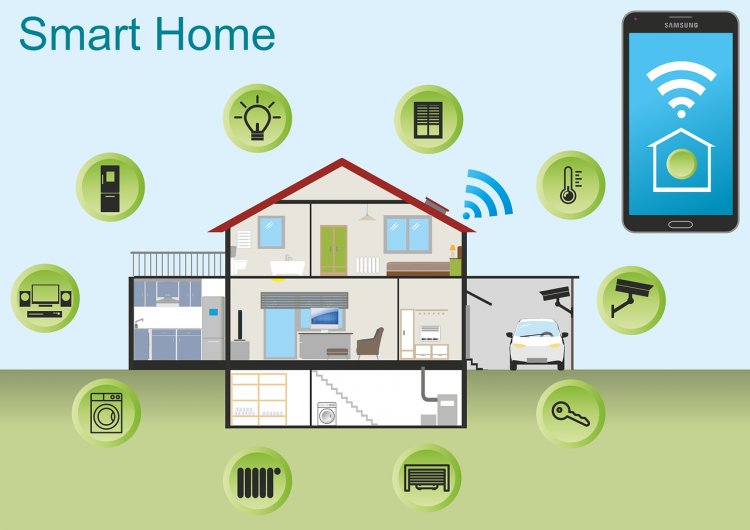How Smart Homes Work
Smart homes entail a convenient setup where appliances and devices can be automatically controlled remotely from anywhere with an internet connection using a conventional network device like a smartphone.

Smart homes work in a way that the system is installed on a network device. Smartphones come with self-learning skills so that the owners enable lighting control. Some automation systems alert the owner of any motion that can detect in their absence and may also alert the police or fire department in case of fire.
Pro's and Con's of SmartHome's
Advantages of such homes include:
Technology in smart homes provides homeowners with convenience in that they can control all appliances using a smartphone.
The smartphone allows homeowners to get notifications and thus communicate to people who come to their homes and also helps in controlling the internal temperature of the house.
It is cost-saving due to the electrical usage which can be efficiently used.
Disadvantages of smart homes include:
Through the use of technology, hackers can gain access to a smart home's internet connection and tamper with the house system thus it is advisable to use strong passwords or encrypted ones when they are available. Also not connecting to other public networks.

 Cynthia Kerubo
Cynthia Kerubo 


























![4 Indigenous Tribes Living in Huts in East Africa [PHOTOS]](https://realestateblogpost.com/uploads/images/2023/06/image_380x226_6482dd8b5c94a.jpg)




